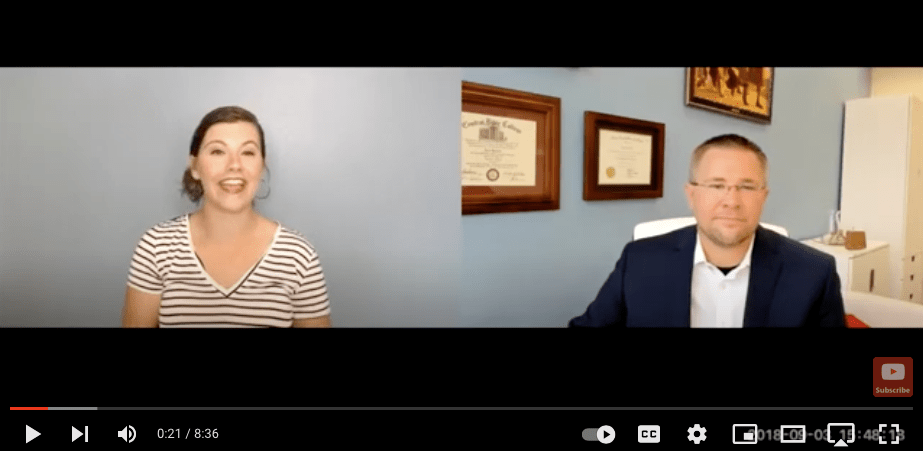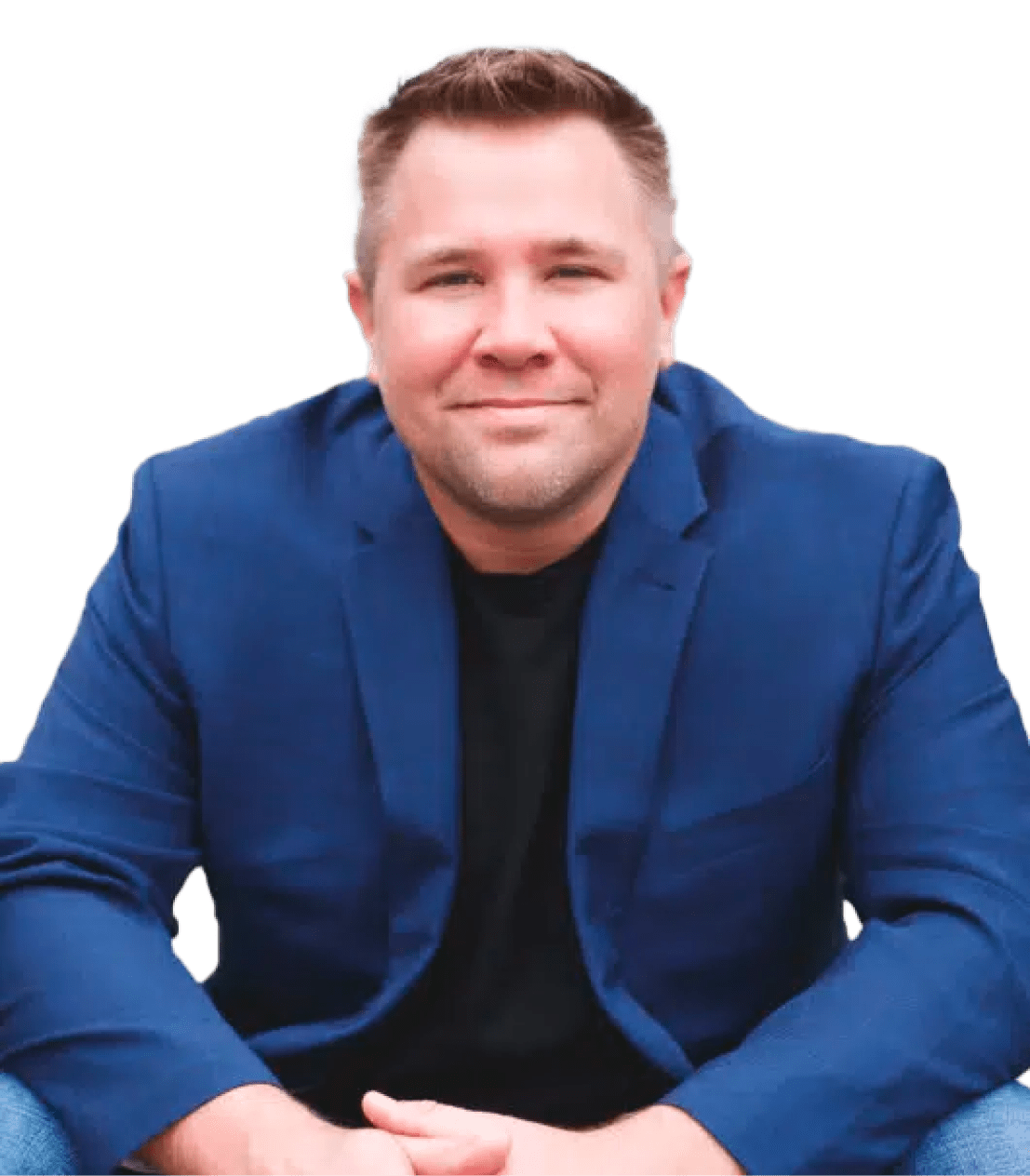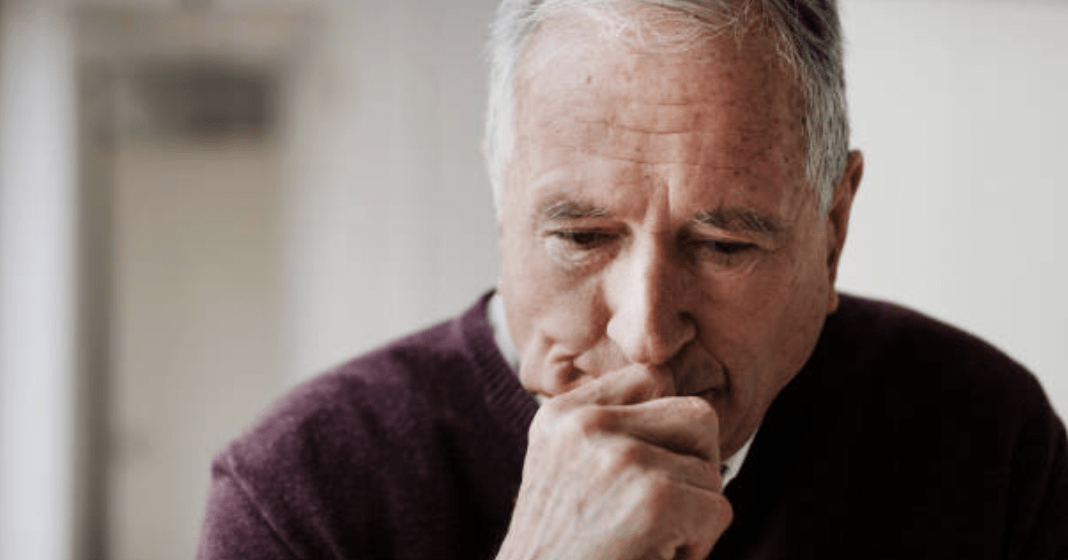Depression Is It Possible To Heal From Without…
This article is based on scientific evidence and clinical experience, written by a licensed professional and fact-checked by experts.
Posted: December 8, 2020
Estimated reading time: 4 minutes
In This article

Is it possible to heal from depression without seeing a doctor or counselor?
Cassie
Welcome to my counselor online. I’m Cassie, and this is asking for a friend.
Asking for a friend is where you get to submit a question and I gets tracked down one of our therapists and get them to answer your question.
So today I have Josh with me and he’s going to answer the question from Renee in Kansas City. And here’s the question, Josh. Is it possible to heal from depression without seeing a doctor or a counselor. So what do you think Josh is the possible
Josh
Sure, absolutely. In fact, all of us on a regular basis and do so. Alright, so when we are talking about depression and we use the word depression.
Usually what we mean clinically as we’re talking about what we call major depression which would separate out from other kinds of depression.
So as you go through life we experienced times of depressed mood depressed brain chemistry and response to challenges that we’re facing alive.
In response to biological things that are going on inside of our body that it’s just a normal occurrence that happens as a part of life.
Where the circumstances results into press brain chemistry and we experienced the symptom ology of that can depression that where you are experiencing.
Typically the we take care of ourselves. We get rest we connect with friends. We work through grief, we, we do the normal things that are part of navigating life’s challenges.
In our body and our brain chemistry rebound into normal ranges and life kind of goes on. And so that’s a part of every human beings existence.
So typically when we’re talking about depression from a clinical standpoint, what we mean is major depression and major depression Is when the brain chemistry get so depressed that we kind of get stuck in that place that instead of being able to rebound back up into its normal levels and allow our normal ability to process life As ourself. And with all of our emotional and mental faculties about us. We get kind of stuck in this depressed state.
Now, sometimes we can get out of even a major depression a mild major depression without You know, using engaging in therapy or medication or any other kind of treatment of sort through homeopathic or self help approaches right and so Some of the methods that people commonly use and find benefit to results from our like self hope kinds of books that are going to talk through understanding the Mental components that can contribute to depression, the stinking thinking, as it were.
In the process of understanding the mental in ways the cognitive ways in which you process life that are sabotaging you And addressing and changing those. Some people are able to kind of work out of depression five route of that and that’s great.
At other times, employing just good bodily self care, you know, paying attention to diet engaging in good exercise feeding the body what it needs to be healthy engaging friends and family and having relational and emotional support that dressing life stressors things that are creating stress in your life identified solutions to those things and working to them so that your stress level decreases.
These are all things that are homeopathic in nature that have a positive influence on brain chemistry and can help a person and I’ll depression, be able to Get out of them and be in a normal place of functioning. And so those are certainly routes that as a counselor. I always encourage clients to start with, right, they’re not necessarily easy sometimes going to the gym can be challenging. And that certainly as for me.
And so it’s not that they’re easy but they don’t involve medication. They’re fairly inexpensive in nature. They don’t revolve Another one to What’s them.
So that right kind of paying attention patterns and making sure that your body’s getting the sleep and rest needs.
Cassie
Free, sleep is free.
Josh
Right, right. And so engaging those things that you can do on your own first in seen if that doesn’t address the situation is a great place to start.
For some, that’s not going to be enough to get them out of the depression that there and that they can do all the things that we just talked about.
And they feel some improvement and the benefit from that. But it’s not enough to get their brain chemistry back into normal healthy ranges and so they’re going to need some help.
I usually a good place to start is a counselor because medication is limited in its effectiveness in the absence of counseling that all of your labels on your inner depressant medications are going to advise you to engage
The medication can jointly with counseling because medication can’t change the circumstances of your life that brought about depression.
That it can help address the body’s ability to get back into normal healthy ranges and sometimes that’s essential for treating depression. You also need Can work with a counselor and understanding what’s going on. How did we get here to begin with. Are there things that we need to interest in order to
Not have this be a reoccurring theme in our life, or is it a biological predisposition, and we need to understand that and grieve that reality.
That medication to treat that as may always be a part of our life which is never fun to hear and is never fun to be the case. You know, I Certainly empathize and understand folks that don’t want to be on a medication for treating depression.
I don’t, I don’t want to worry i glasses. You know, I don’t like wearing sunglasses on. Don’t like contacts and I’m like mess with that. I wish I didn’t need them.
But I’m thankful that they’re available because it allows me to see my clients, see my kids and my wife and allows me to engage life and a better way.
And so I’m thankful that they’re available to me so that my biological issue with my site doesn’t have to deplete and take away from my life.
And if you’re a person who’s biology would dictate that you are going to need a depressant medication in order to keep your brain chemistry in normal healthy ranges. I would encourage you to approach it like that that you wouldn’t see it as a personal fault or deficit.Just a reality of sins effect on our bodies and the brokenness of the world that we live in right now.
And to be thankful that they’re available so that depression doesn’t have to rob you of the, the joyful life that God has created you for. So that’s how I would speak to that.
As to your specific situation. Certainly there’s lots of more information that would be needed to be able to answer. What’s needed in your situation. But as a general answer. That’s pretty good direction.
Cassie
Well, thank you, Josh, for being with me and answering the question, and thanks for wearing those eyeglasses. If you have a question that you want to be answered by one of our counselors, submit it here!
Back to topThis article is based on scientific evidence and clinical experience, written by a licensed professional and fact-checked by experts.
About the Author

Josh Spurlock
Josh Spurlock MA, LPC, CST, has a BA in Biblical Languages and a Masters in Counseling. He is a Licensed Professional Counselor (LPC), holding licenses in Missouri, Colorado, and Florida. He is also a Certified Sex Therapist (CST), Level 2 AEDP Therapist, and an Ordained Minister. He is an Advanced Practice Clinician, with over 10,000 hours of clinical experience. He specializes in Marriage Counseling, Sex Therapy, Family Counseling, and works with Executives, Pastors, Business Owners, and Ministry Leaders. Learn more about Josh Spurlock at JoshSpurlock.com.
Josh is currently unable to take on any new clients.
Learn More About JoshShare this article
View more articles

How to Revitalize Connection in a “Roommate” Marriage: Pt. 2 Physical Connection
By: Danielle Schaefer







